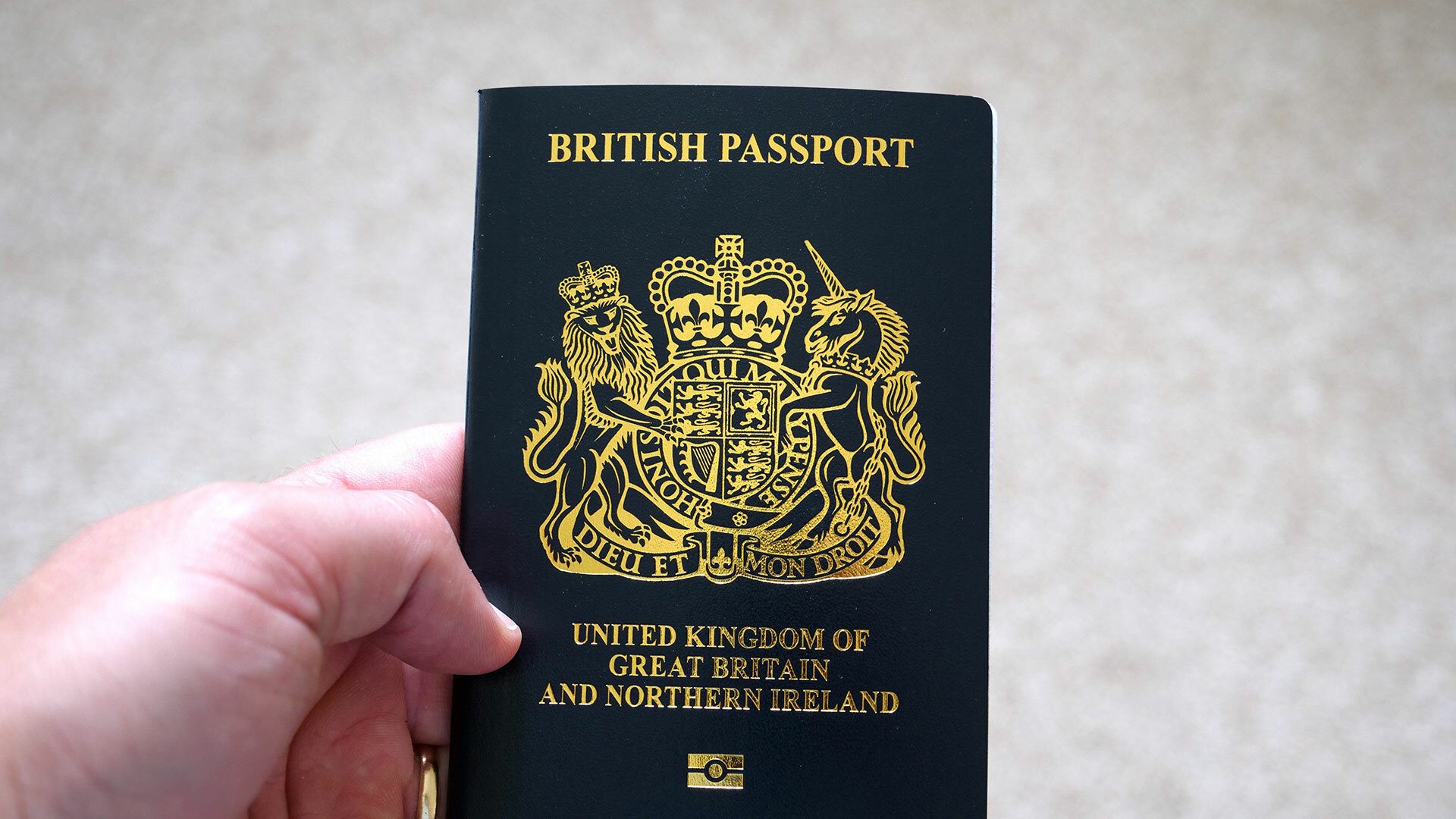If you have come to the UK on a Tier 2 skilled work visa, the chances are that at some point you may be offered a new role with your employer. It may be that you are being promoted to a higher-level role, a different role in another department or location, or a newly created role to cater for a changing business strategy. Whatever the reason for changing jobs with your current employer, it is important that you understand the conditions and rules which apply under your current visa.
Unfortunately, we hear of many situations whereby a Tier 2 visa holder has inadvertently breached the terms of their leave because there has been a change in their employment or they have received an increase in their annual salary. Sponsoring employers typically understand the Tier 2 conditions which apply to migrant workers and will advise you on what to do if you change roles. In this article, we will explain the rules and process if you are a current Tier 2 visa holder and you are changing jobs with your current employer?
Can I Change Jobs With My Current Employer?
Yes, but you may need to make a change of employer application (effectively like applying for a new visa) before you can take up the new role if any of the following apply:
- the new job is in a different Standard Occupational Classification (SOC) code to the one stated on your CoS. (This does not apply if the SOC Code for your new job has only changed because of reclassification within the SOC system by the Office for National Statistics) or
- you have been working in a shortage occupation and are remaining with the same sponsor, but there is a change to your core duties such that you have changed jobs and your new job is not on the shortage occupation list; or
- you were earning at least £159,600 (or the equivalent threshold that applied when you made your application), and your salary is reduced to an amount that is lower than that threshold.
If you are unsure if your new role fits into a different SOC code, or was/is on the shortage occupation list, your employer will be able to advise you.
According to the immigration rules, you will not need to complete a change of employer application for other reasons such as:
- you stay in the same SOC code, or you are moving under TUPE following a takeover, merger, de-merger or any other circumstances in which TUPE is triggered; or
- you have to complete a professional examination(s), e.g. an Objective Structured Clinical Examination (OSCE) or Professional and Linguistic Assessments Board (PLAB), to assess whether your skills meet UK standards before you start working for your Sponsor; or
- your salary is reduced for any of the following reasons and this lasted for one month or longer:
- taking statutory maternity leave,
- taking statutory paternity leave,
- taking statutory parental leave,
- taking statutory shared parental leave,
- taking statutory adoption leave,
- taking sick leave,
- assisting with a national or international humanitarian or environmental crisis overseas, providing your Sponsor agreed to the absence(s) for that purpose, or
- taking part in strike action as part of a legally organised industrial action. ; or
- changes to your core duties mean your job changes within the same SOC code
- (provided your new salary rate is at or above the appropriate rate for the job as set out in the codes of practice); or
- you are sponsored in a graduate training programme and have changed occupation during, or at the end of, that programme (provided you continue to hold valid leave for that Sponsor and your Sponsor notifies us of the change in your role and any change in salary).
Your employer may also need to carry out a resident labour market test (RLMT) if your new role is not on the shortage occupation list or your salary is below £159,600. This means that your employer will need to advertise your role in the UK for 30 days to see if a domestic or settled person can do the job.
Is There A Risk To My Immigration Status Of Changing Job With The Same Employer?
If you do not need to complete a change of employment application, there is no risk at all. Your employer may need to inform the Home Office of the change, but this is a standard part of their compliance obligations and nothing to be concerned about.
If you need to apply for a change of employment, if you have an unblemished track history, you can still satisfy all of the requirements of a Tier 2 visa application, and your employer is able to issue you with a new Certificate of Sponsorship (CoS) after following their processes (including the RLMT), then there is every reason to believe your application to change roles will be successful. It is important that you do not start your new role until given approval and are issued with a new Biometric Residence Permit by the Home Office. The risk is that by starting before this happens, you may be in breach of the terms of your current visa, which will jeopardise your status in the UK and your new application.
Final Words
Understandably, you may be both excited about being offered a new role and worried that if you need to complete a change of employment application, this may jeopardise your immigration status and that of your family members. In practice, there should be no risk whatsoever, but to be sure, you may want to run your situation by an immigration Solicitor who will be able to give you an honest assessment of what is likely to happen. We wish you all the very best with your new role.






